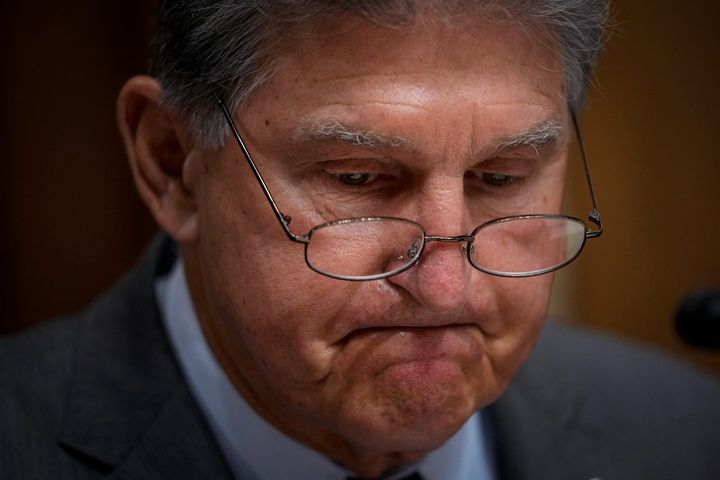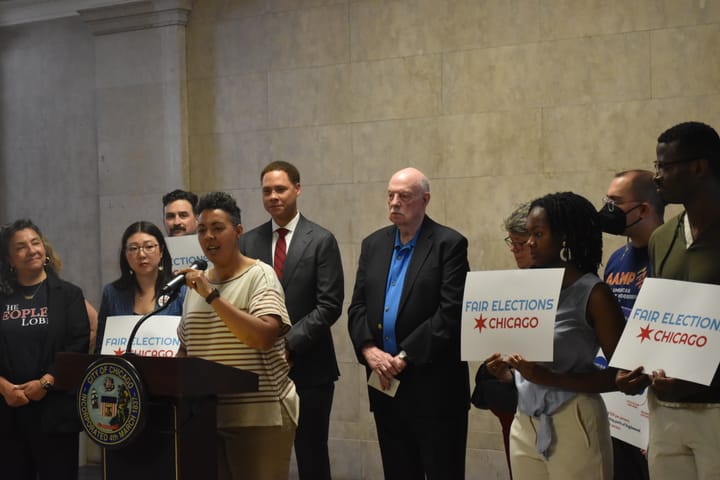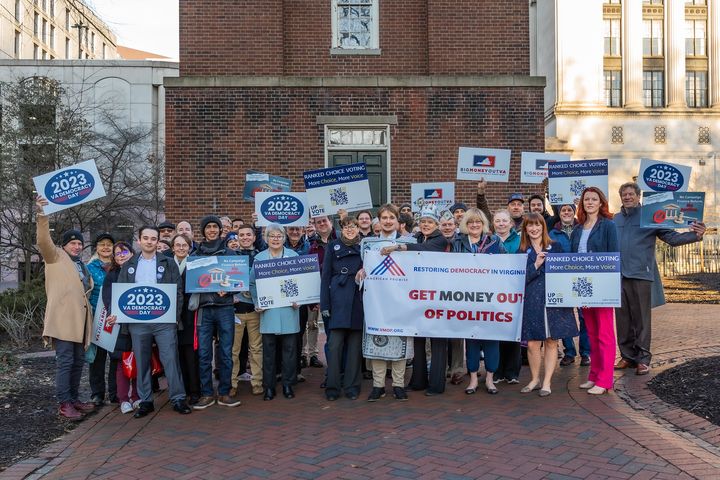campaign finance reform
Manchin’s Proposal Cuts Campaign Finance and Ethics Reforms From S1

Summary
Joe Manchin seeks to strip the For the People Act of a public campaign financing option, conflict of interest rules, and key criteria for preclearance of election procedures.


